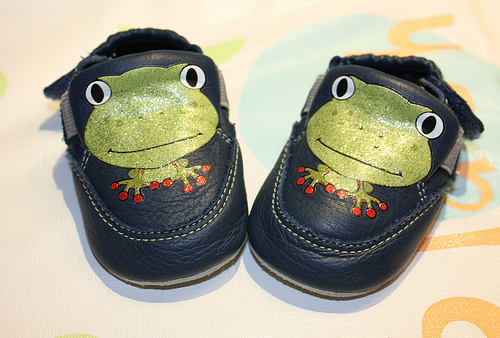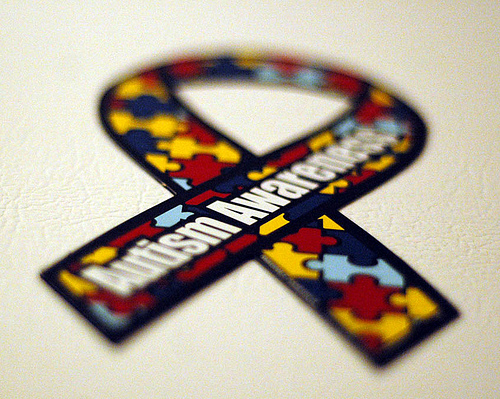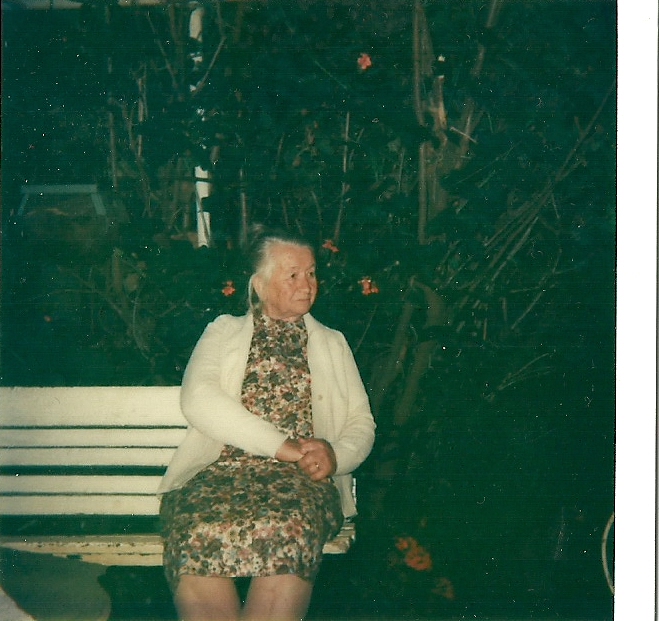 Yesterday afternoon, I found my living room floor. It had been missing for several years, buried beneath layers of toys that the kids have, over the years, played with and outgrown.
Yesterday afternoon, I found my living room floor. It had been missing for several years, buried beneath layers of toys that the kids have, over the years, played with and outgrown.
On several occasions, I have made efforts to organize the toys, painstakingly separating them into categories and storing like with like. But these toy organization systems that I have spent hours creating have lasted, on average, for about an hour. My older son sometimes copes with his autism meltdowns by picking up boxes of toys and dumping out the contents. Even as I wistfully watch my hours of work come to naught, I recognize that I would rather see my son throw toys around than bang his head against the wall hard enough to put holes in the drywall.
Quite apart from the side effects of autism, kids under the age of six don’t really get that the cars should go with the other cars, or that the Legos should be in the same container, or that the gazillion Mr. Potato Head parts are meant to stay together.
This weekend, me and my husband – ably assisted by our five-year-old son, took another crack at organizing the toys. But there was a difference in the way we did it this time.
A big difference.
This time, we actually got rid of stuff.
I thought getting rid of toys would be a nightmare, but once we had the buy-in of our younger son, it was actually quite easy. It was never going to be a problem where our firstborn was concerned. As long as he has his Lego, his gazillion Mr. Potato Heads, his measuring tapes, his alphabetic fridge magnets, and his math workbooks, he’s happy.
After a day of sorting, storing, and being bossed around by our five-year-old, we had reduced the volume of toys by a staggering amount. All of a sudden, we had enough toy boxes to contain all of the toys that we kept, without them spilling over onto the carpet. We rediscovered the concept of walking from one end of the living room to the other without getting Lego-shaped dents in the soles of our feet. It was an incredibly liberating experience.
There’s just one thing…
These are the toys that my kids played with when they were babies. The little teddy bears. The Winnie the Pooh ride-on toy. The blocks, the nesting cups, the First Words books. Getting rid of these remnants of my kids’ babyhood was like saying goodbye to a phase of my life, and acknowledging that my babies are no longer babies, that they are little boys.
As sentimental as I felt about the toys, what really made my breath catch in my throat was sorting through the little shoes that my kids wore as babies. It was the shoes that served as a physical reminder of how tiny they once were. As I held the shoes in my hands, the memories washed over me.
My older son’s very first pair of baby slippers, given to him by my Dad when he was just a few days old (no way am I getting rid of those).
Feeling my boy’s fingers grasp my hand with absolute trust as he tentatively walked in shoes for the first time.
My younger son’s face, alive with excitement, as he wore the shoes that were a miniature version of the ones his Dad wore.
My two boys laughing together as they splashed in rain puddles, wearing their new galoshes.
Their joyful oblivion as they tramped snow into the house in winter, leaving tiny wet footprints all over the floor.
The memories fade out and I reluctantly come back to reality, sitting there on the floor holding these tiny shoes in my hands. All but a couple of extra-special pairs must go. It is time to allow to the old to make way for the new, as my boys enter new and exciting phases of their lives.
Just because it has to be done though, that doesn’t make it easy.
It represents a letting go, and that is a bittersweet pill for any Mom to swallow.
(Photo credit: http://www.flickr.com/photos/ophilos/2564467134/ This photo has a creative commons attribution license.)











